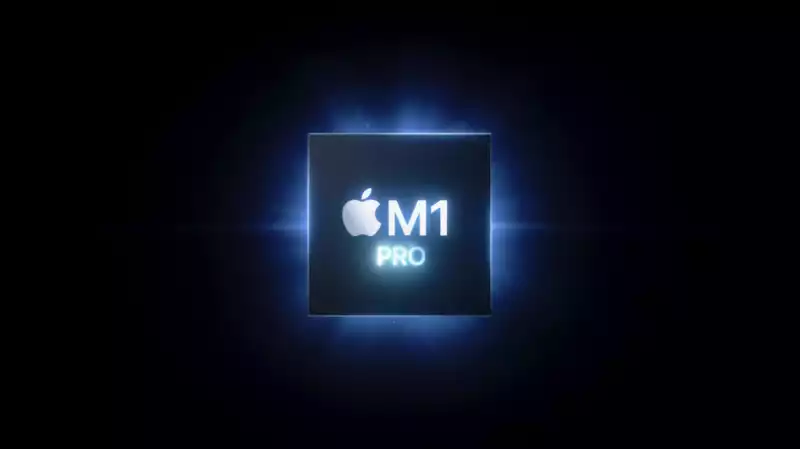Apple's M1 Pro chip is an even more powerful version of the M1 chip that wowed us in 2020 with significant performance and efficiency improvements in the 13-inch MacBook Pro M1 and MacBook Air M1.
Now available in Apple's new MacBook Pro 14-inch 2021 and MacBook Pro 16-inch 2021 laptops, the M1 Pro is a new piece of Apple silicon that promises to deliver even better performance than the remarkable M1.
Both of these new 2021 MacBook Pro models ship with the M1 Pro chip by default, but can be upgraded to an even more powerful version of the M1 Pro called the M1 Max for an additional fee.
Even without the upgrade, the new M1 Pro chip promises much better performance than the old M1. Here's everything you need to know about the new M1 Pro.
The M1 Pro is currently only available in the new 2021 MacBook Pro and can be ordered now from Apple's website. Prices start at $1,999 for the 14-inch model and $2,499 for the 16-inch. Shipping will begin on October 25 and will be available in two color variations: silver and space gray.
Both models come with the entry-level M1 Pro chip by default, but upgrading to the more enhanced M1 Pro or M1 Max requires paying a higher price. 14-inch and 16-inch MacBook Pros are available in both M1 Pro and M1 Max can be ordered in multiple configurations of both, so you are not limited in the chips you can order based on your screen size preference.
The M1 Pro features a scaled-up version of the same core architecture we saw in the M1. They are both SoCs (system-on-chip), designed to integrate the CPU and GPU together and draw from the same pool of unified RAM memory.
The M1 Pro has 33.7 billion transistors and a 10-core CPU with eight performance cores and two efficiency cores. It supports up to 32 GB of memory and has a memory bandwidth of up to 200 GB/s.
Note, however, that the least expensive 14-inch MacBook Pro 2021 configuration has a weaker M1 Pro chip with an 8-core CPU. Still, it should be more than enough power for most everyday tasks, but if you want the full 10-core CPU in the M1 Pro, you will need to pay about $200 to upgrade accordingly.
The M1 Pro also includes a 16-core Neural Engine to help speed up machine learning tasks. This engine also helps the 2021 MacBook Pro's built-in 1080p webcam process images (via a custom image signal processor) to provide sharper, more natural-looking photos and videos.
If graphics processing power for video editing, game development, or playing the latest games is important to you, the M1 Pro's GPU core count is quite exciting: the M1 Pro can have up to 16 GPU cores, up to twice as fast as what we saw on the M1, and basic gaming and video work were already quite remarkable.
The M1 Pro has several unique features targeted at video professionals. Of particular note is the media engine, which Apple specifically designed to speed up video processing without draining the battery.
The chipset also includes a dedicated encode and encode media engine specifically designed to accelerate video tasks such as rendering. It also includes a dedicated ProRes video accelerator, which should be appreciated by professionals who use ProRes codecs on a daily basis.
In terms of output performance, Apple claims that the M1 Pro can deliver up to 20 streams of 4K ProRes video playback. Also, if you work with multiple monitors, note that the M1 Pro has a new display engine that can support up to two additional external displays.
The M1 Pro is an exciting silicon product from Apple that promises to greatly enhance the experience of getting things done on the MacBook Pro.
More importantly, it is a great example of how companies can reap the rewards of building their own custom silicon to complement their hardware and software lineup. The M1 Pro is specifically designed to help MacBook Pro users blow through their video editing workloads on the go, and if it is as good as Apple claims, the Cupertino-based company will have a competitive edge that no other manufacturer in the laptop market can match.
Apple touts the M1 Pro (and its more rugged sibling, the M1 Max) as more powerful and power efficient than most of the Intel and AMD laptops out there. Given the amazing performance of the original M1 chip, it is not hard to believe Apple's claims.
But to know exactly how the M1 Pro compares to other chips on the market, we'll have to wait until we finish benchmarking the new M1 Pro ourselves.
.









Comments